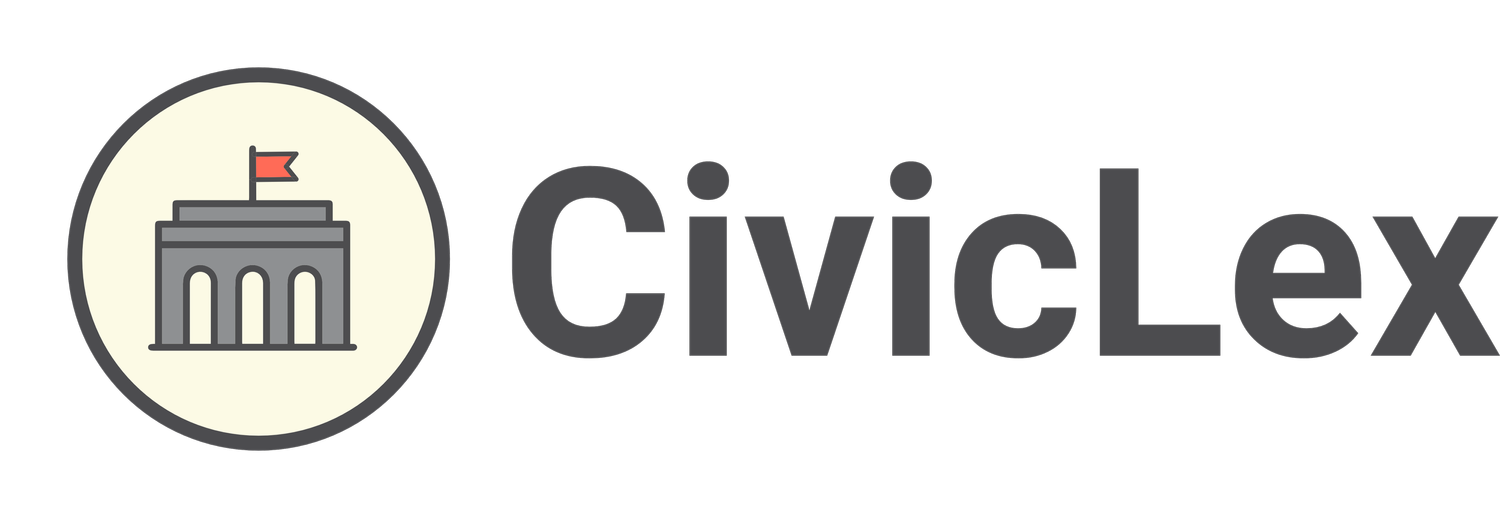Why does produce end up in Lexington's landfill?
Quick Summary
Like much of the US, a significant part of Lexington's waste stream consists of produce that ends up in city landfills, wasting ____ lbs per person per year, on average.
Beyond the financial impact of this food entering the landfill, one in five Kentucky children are food insecure–meaning they lack the ability to access fresh, healthy produce.
Programs across the country are tackling this problem through capturing edible produce and getting it to food banks/pantries, and providing municipal composting systems for food waste.
Why does this matter?
With one in six Kentuckians labeled as food insecure and 40% of food produced in the United States wasted, there are clearly gaps in the local, regional, and national food systems.
Food insecurity and malnutrition have significant impacts on health–including increased rates of high blood pressure and diabetes–and even more dire effects on developmental processes in children.
The average amount of food wasted by households (including inedible parts) was 3.5 pounds per person per week, approximately 68 percent of which was potentially edible.
On a global level, food waste has also been linked to issues of climate change, with food waste responsible for around 8 percent of global greenhouse gas emissions through methane.
What is the context?
Excess produce is difficult for many farms and groceries to deal with because it spoils quickly.
Disposing of these food products in the traditional way–putting it in the trash, which goes to the landfill–has a single process and a relatively set fee (around $19.50 per ton).
Communities around the country have tackled these two streams of waste through different means:
Spoiled produce–programs exist to capture kitchen scraps, spoiled vegetables, and other types of food waste. These consist of government-run or independent composting programs and bans on routine/large-scale disposal.
Lexington created a composting pilot program in ___.
Edible produce can be saved from landfills through "gleaning", where independent and government groups collect edible produce and re-route it quickly to food shelters and food banks.
Lexington has many local organizations working on this, including Glean KY.
How can I get involved?
Talk with your friends, family, and neighbors about their access to food, and how they dispose of their food waste.
Attend your Neighborhood Association meeting–does anyone in your neighborhood have a home compostingsystem that others could use?
Talk to your council member about their plans for local food systems. You can find out who your council member is here.
Get involved with organizations doing work around food systems. One of the main organizations in Central Kentucky working on this issue is Glean KY. Blue Grass Community Foundation's Goodgiving.net is a good place to find other similar organizations.
